My Grandfathers Knocking Sticks
Ojibwe Family Life and Labor on the Reservation
BRENDA J. CHILD


Text 2014 by Brenda J. Child. All rights reserved. No part of this book may be used or reproduced in any manner whatsoever without written permission except in the case of brief quotations embodied in critical articles and reviews. For information, write to the Minnesota Historical Society Press, 345 Kellogg Blvd. W., St. Paul, MN 551021906.
Portions of chapter 4 were previously published in Brenda J. Child, Holding Our World Together: Ojibwe Women and the Survival of Community; in chapter 5 of Albert L. Hurtado, ed., Reflections on American Indian History: Honoring the Past, Building a Future (Norman: University of Oklahoma Press, 2008), 11436; and in the introduction to Frances Densmore, Strength of the Earth: The Classic Guide to Ojibwe Uses of Native Plants.
www.mnhspress.org
The Minnesota Historical Society Press is a member of the Association of American University Presses.
Manufactured in the United States of America
10 9 8 7 6 5 4 3 2 1
 The paper used in this publication meets the minimum requirements of the American National Standard for Information SciencesPermanence for Printed Library Materials, ANSI Z39.481984.
The paper used in this publication meets the minimum requirements of the American National Standard for Information SciencesPermanence for Printed Library Materials, ANSI Z39.481984.
International Standard Book Number
ISBN: 978-0-87351-924-3 (paper)
ISBN: 978-0-87351-938-0 (ebook)
Library of Congress Cataloging-in-Publication Data available upon request.
This and other Minnesota Historical Society Press books are available from popular e-book vendors.
In Memory of Florence
MY GRANDFATHERS KNOCKING STICKS
Introduction
Writing Reservation Histories
I n 1900, Ojibwe people performed their day-to-day labor in the midst of a catastrophic dispossession. A half century later, they were still working hard, but they were doing so under circumstances of miserable poverty that differentiated a hardscrabble existence from their former lives of freedom and economic self-sufficiency before reservations. Throughout these fifty years, they unceasingly adapted to protect what they valued most, and what they valued most usually involved labor. This history focuses on Ojibwe people from the Great Lakes, especially the population who lived in the United States during the first half of the twentieth century, and makes every attempt to piece together a narrative of work and unemployment from their vantage point. At times, my focus is more precise and detailed as I write about my own family and community on the Red Lake Reservation in northern Minnesota. The labor history of American Indians who lived on reservations is a complex and dynamic story, one of precarious survival, and must simultaneously take into consideration the multiple economic roles men, women, and their families ingeniously juggled. A huge part of their balancing act involved coping with unemployment.
It is impossible to overemphasize the personal toll of dispossession and reservation poverty on American Indian lives. Survival rarely felt like freedom or sovereignty to Indigenous people. The reservation was the aftermath of catastrophic dispossession, like a swath of land spared in the wake of a tornado or flood, and the place where Ojibwe labor was reorganized and redefined. The Ojibwe survived the loss of crucial landscapes and valuable resources by practicing traditional economic activities, often within a greatly diminished Indigenous homeland, even as they took part in new income-earning opportunities. Incredibly, dispossession was reinforced by other forms of legal injustice and violence, as when citizens and law enforcement agents within states including Wisconsin and Minnesota openly harassed Ojibwe people and denied them access to income-generating activities over lands ceded in treaties. A vicious trap was set for the Ojibwe, who were treated as trespassers and foreigners on their own homelands, intruders to their own settlements and dwellings. Poorer and less free than they had ever been, Ojibwe people made extraordinarily difficult choices to endure and pursue self-determination. Some of them overturned long-standing gender roles associated with labor, and others allowed traditional forms of work to be reassessed as wage labor. Harvesting wild rice and fishing, along with unusually significant responsibilities such as healing and governing the community, would never be the same.
Exploitation leaves an abysmal legacy, though by appreciating more about the history of labor, we find an essential key to understanding Indian endurance through the decades. My purpose in writing this book has been to explain how the Ojibwe themselves understood and experienced the trauma of American settler colonialism as they struggled to make a living and to thereby shed light on the seemingly permanent inequities we still experience in Indian Country. Dispossessing Indiansand how that interconnects with Indian survival as expressed through workis a vast and underappreciated story within the modern labor history of rural America. Historians including Brian Hosmer, Colleen ONeill, Paige Raibmon, and William J. Bauer have established the importance of engaging the post-reservation labor of Indigenous peoples, not only for identifying the countless ways in which the United States and Canada incorporated Indigenous resources for their own development, or the roles of Indian workers in that colonial project, but for a greater appreciation of Indigenous empowerment and resilience. Raibmon was especially innovative in recognizing the breadth of labor by Indigenous people in Authentic Indians: Episodes of Encounter from the Late-Nineteenth-Century Northwest Coast , including worlds fairs and other public performances, as well as seasonal migrant work, to explain how strategically and creatively they fused tradition with new kinds of labor as they sought to preserve the things they valued most. In a similar vein, William J. Bauers impressive history, We Were All Like Migrant Workers Here: Work, Community, and Memory on Californias Round Valley Reservation, 18501941 relied on the stories and memories from his own people to show the ways community members adjusted their work to a new economy. Despite their many struggles, labor was both the site and foundation of Indian power, adaptation, and survival.
If we agree that labor was the foundation of Indian strength and reservation survival, how do historians write about it not only with fresh insight but from the perspectives of Indigenous peoples? Many scholars of my generation have believed in and worked to construct the new Indian history through our insistence that Indian people are important historical agents who form a critical center in the writing of Indian history, and without them we silence Indigenous voices and privilege the powerful. Historian Jeffrey Ostler has rightly critiqued this approach, warning about the danger of scholarship concerning American Indians that has deemphasized questions of power, ideology, and the state. In my view, labor history is a perfect site for analyzing the uneven state systems of control and surveillance under which residents of Indian reservations lived in the early twentieth century. I also write history as an Ojibwe scholar, and this book from every angle relates an Ojibwe perspective with my people as historical agents, making it impossible for me to ignore the loss of essential freedoms on reservations during the first half of the twentieth century. As Maori scholar Linda Tuhiwai Smith reminds us, imperialism frames the indigenous experience and colonialism became imperialisms outpost. For me, the reservation of my grandparents generation was that outpost, and yet Ojibwe men and women engaged in traditional forms of labor in modern ways, found new avenues of support, worked any welfare agency available to them, and appeared to do so as empowered and self-determined people.

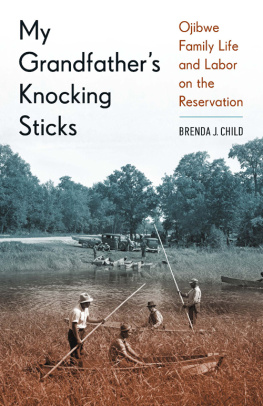
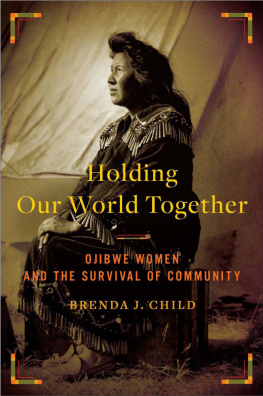
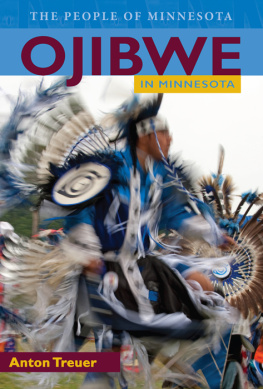
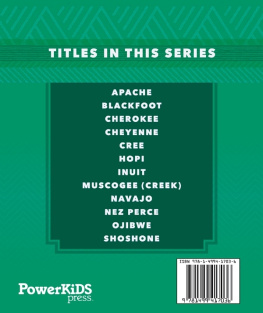
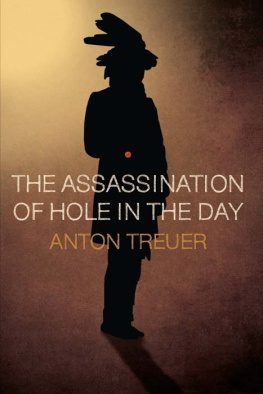

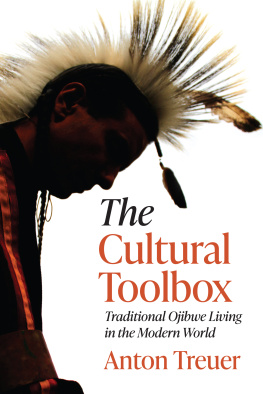
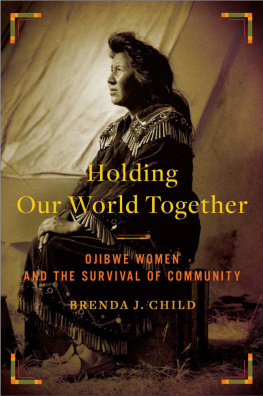




 The paper used in this publication meets the minimum requirements of the American National Standard for Information SciencesPermanence for Printed Library Materials, ANSI Z39.481984.
The paper used in this publication meets the minimum requirements of the American National Standard for Information SciencesPermanence for Printed Library Materials, ANSI Z39.481984.